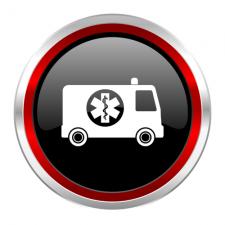

I’m not referring here to the ambulances that come when you call 911. Instead I mean the ambulances that bring patients to and from appointments and between different health care facilities. From Kaiser Health News:
As the Houston Chronicle reported in 2011, fraudulent billing for medically unnecessary ambulance transports has cost taxpayers millions of dollars.
“Many of the patients are neither physically debilitated nor confined to a sick bed. They are not headed to, or coming from the hospital, and there is no medical emergency,” the Chronicle article says. “Their reason for traveling in an ambulance — equipped with a driver, a medical technician, a gurney, a defibrillator and red sirens — is a mystery even to some of them.”
Part of the problem is that it’s easy to open up an ambulance company and start billing inappropriately. When a serious investigation starts the firm just shuts down, then shows up again in some other guise, often under the name of one of the relatives of the owner.
Providers play a role in this, too, by looking the other way when patients are being transported inappropriately, by receiving bribes from ambulance operators to refer business, or when they are faced with implicit or explicit threats from ambulance operators with organized crime connections.
A lot of these issues could be addressed if public and private payers made it easier for regular drivers, e.g., cabbies to get paid for transporting patients.
(Ambulance / shutterstock)